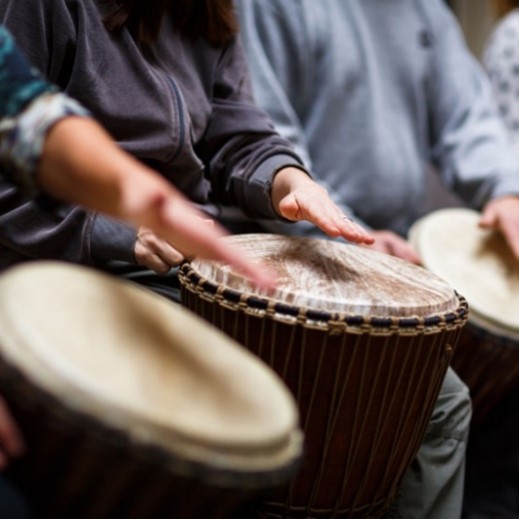WOMEN’S EXPERIENTIAL WORKSHOP
“Taming Shame” May 7, 2022 8:30-4:30
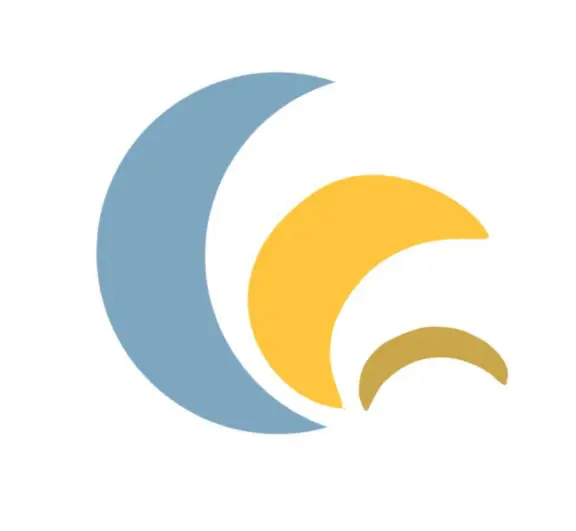
“…the intensely painful feeling or experience of believing that we are flawed and therefore unworthy of love and belonging – something we’ve experienced, done, or failed to do makes us unworthy of connection.”
--- Brené Brown

Are you a People Pleaser to a fault?
Do you have an Inner Critic on overdrive?
Find yourself Self-Sabotaging just when things get good?
Feel like an Imposter who does not deserve success?
Or a Low Self-Esteem headed to rock bottom?
Our experiential workshop combines dydactic learning, mask making, psychodrama, and music therapy to help you understand how shame shows up in your life and how to begin to tame its negative impact.
The day will begin with a fun ice breaker followed by the foundation for the day. Next is mask making, and extended lunch break with a special activity, with drama therapy kicking off the afternoon. We will pull it all together starting with music therapy and then our wrap-up and goodbyes. Throughout there will be meaningful breaks with choices of solo (or with others) activities to foster integration of new insights, relax and reset.
OUR THERAPISTS
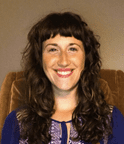
Barbara Kaynan, MA, RDT
Barbara is a registered drama therapist with the North American Drama Therapy Association. Her MA is from NYU and her BA was earned at UNC-Chapel Hill. She is thrilled to be back in North Carolina with her family serving the vibrant community here. She is in private practice at Carolina Creative Wellness and serves as the Associate Director of Clinical Services for Raleigh-Cary Jewish Family Services.
Before moving to NC, Barbara worked for three years leading therapeutic theatre processes for Holocaust survivors and adolescents through Witness Theater. Her creative arts therapy experience up north also included providing expressive arts therapy for put-at-risk youth, hospitalized children recovering from medical procedures and their families, individuals living with chronic and persistent mental illness, adults in acute psychosis, and older adults living with skilled nursing and memory care needs. Barbara is a published research scholar and current Peer Review Editor for the Drama Therapy Review. Previously, she served as Adjunct Professor at LIU-CW Post teaching drama therapy. Prior to her drama therapy career, she worked as a freelance stage director and in artistic programming both Off-Broadway and in the independent theatre community in NYC. She has worked with a multitude of artistic partners to build communities around new plays that celebrate diversity and examine the human psyche on both an individual and systemic scale.
Barbara approaches your creative wellness process as just that: Yours. Through active listening, meeting you where you are, and reflecting back to you your experience, she co-creates a space with you that is safe-enough to take steps toward compassion and growth. Her collaborative spirit and humanistic philosophy invite understanding as opposed to pathologizing. Barbara believes your relationship with yourself and others is an art - one that can be rehearsed and repatterned for healthy living. She looks forward to joining with you and supporting you on your journey.

Freddy Perkins, MT-BC, MMT
Freddy is a board-certified music therapist with over 8 years of clinical experience working with adolescents and adults with trauma, queer youth and queer survivors of intimate partner violence, and adults with mental health diagnoses. After earning his Bachelor of Music in Music Therapy from Appalachian State University, Freddy continued his education graduating from Lock Haven University with a certificate in the Foundations of Trauma-Informed Care, and obtaining his Master of Music Therapy with an endorsement in Clinical Mental Health Counseling from Slippery Rock University. Currently, he is a level 1 trainee in the Bonny Method of Guided Imagery and Music and a trainee in Analytical Music Therapy.
Freddy is deeply committed to serving the community, utilizing music to empower minoritized individuals and communities and challenge oppressive systems. As a therapist, he strives to engage others through music therapy to affirm authenticity and identity. In his clinical work, his focus on the identity integration, health, and wellness of the individual. He approaches therapy from a cultural and relational standpoint while also incorporating psychodynamic elements into the work.

Stacy Blankenship, LCSW
Stacy is dedicated to supporting people on the road to becoming their best selves. Her passion to empower others is enhanced by her intensive training in Dialectical Behavior Therapy, Mindful Self-Compassion Therapy and empowerment trainings, in addition to her 10 years of clinical experience. She earned her double major in Psychology and Art and Design at Peace College for the purpose of adding art into therapeutic interventions. She proceeded to complete a Master’s in Social Work at NCSU where she currently works supporting students in need.
Stacy has witnessed the power of incorporating art into her work with clients. One of her favorite approaches to creative therapy is mask making, which can help clients unearth deeper feelings. Stacy assists women in her groups to access the meaning in their creative work to promote self-understanding and change.
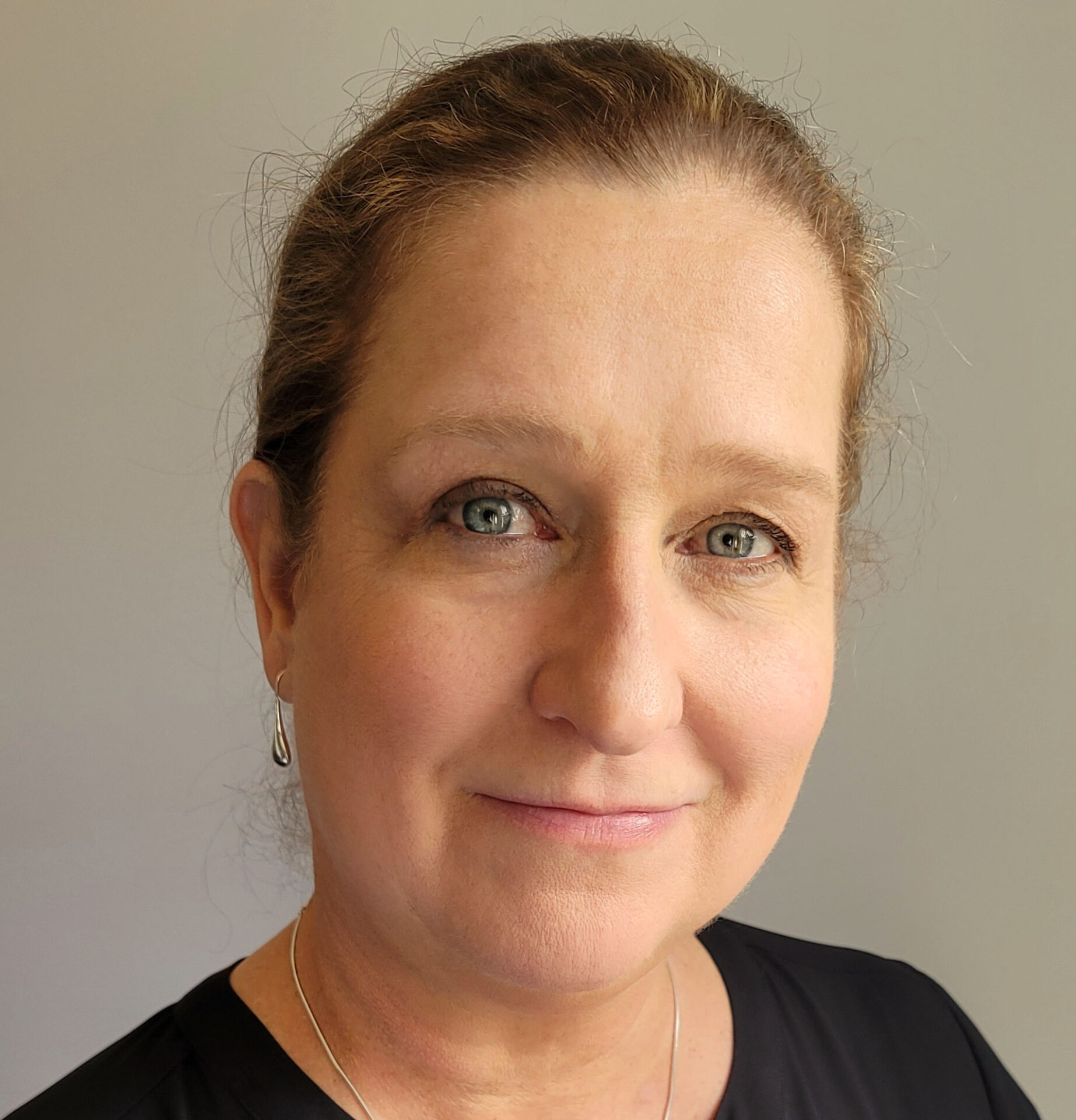
Susan Clifton, LCSW
Susan has worked in a variety of mental health roles, both as a clinician and in clinical leadership, in her 30 years since graduating with a Master’s degree in Social Work from the University of Chicago. She is thrilled to now be in a position where she can collaborate with colleagues to offer creative approaches to boost wellness in others.
“Taming Shame” is the first of hopefully many workshops, groups and retreats that will be offered by Living Arts specifically designed for women to foster connection, healing and growth.
OUR MODALITIES
Mask making is a powerful form of art therapy that through creativity allows us to express and process the impact of shame in our lives. With the two sides clients display both how they present themselves to the world and what they authentically feel and see inside. Working with Stacy to discover more about themselves can be a revealing and liberating experience.
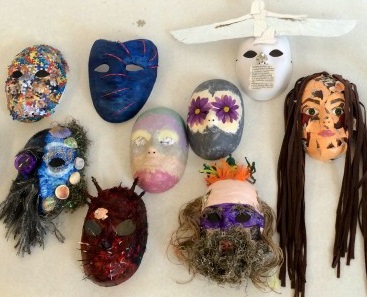
Drama therapy uses play embodiment, projection, role, story, metaphor, empathy, distancing, witnessing, performance, and improvisation to help people make meaningful change. Barbara will start her process during mask making and carry the themes, and the masks, into her drama therapy group to further expand the experience and growth opportunity.
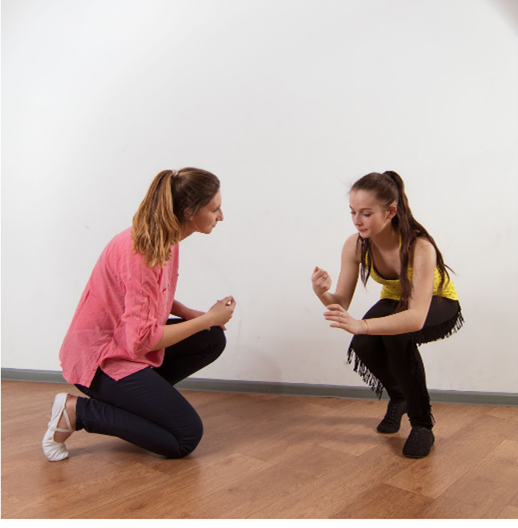
Music therapy is a fluid, organic process used to expand wellness through intentional music experiences. The purpose of music therapy is not to aim for musical perfection, but rather to promote holistic healing and acceptance of self. According to research, as the brain releases cortisol and adrenaline with activation of the threat response, music therapy helps counteract these hormones by increasing glucocorticoid in addition to providing an socio-emotional learning process and cognitive restructuring (Taylor 2010).
